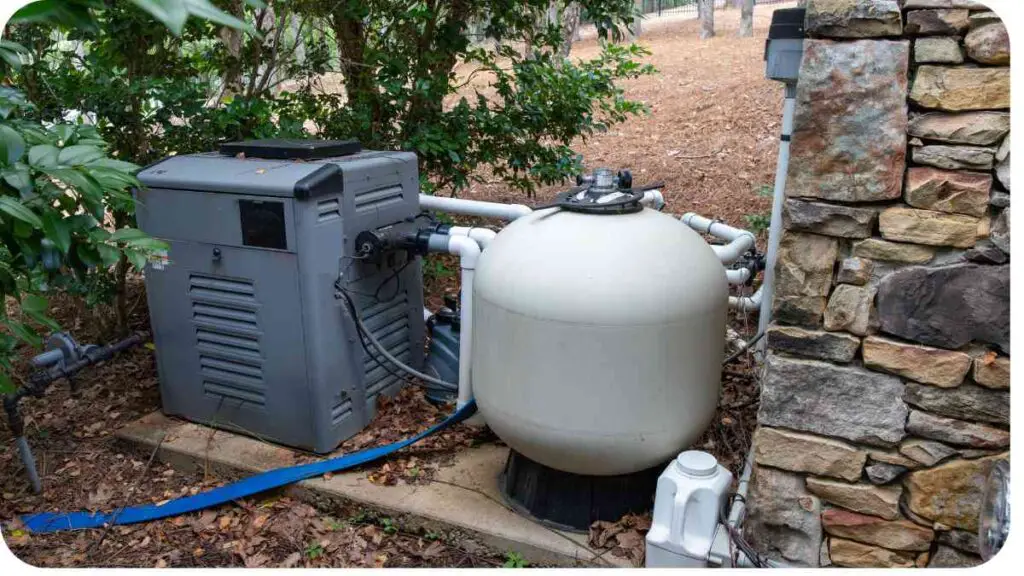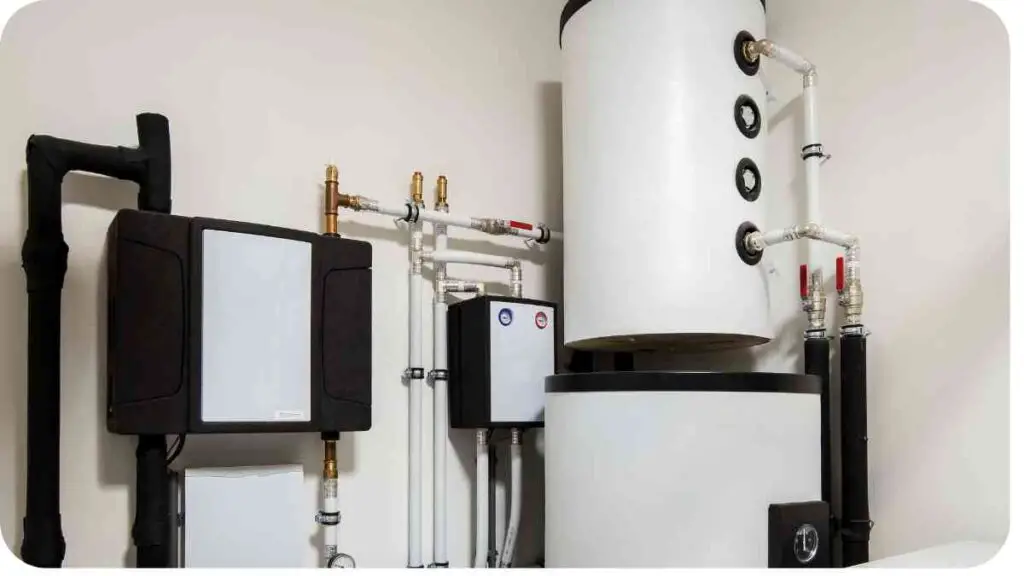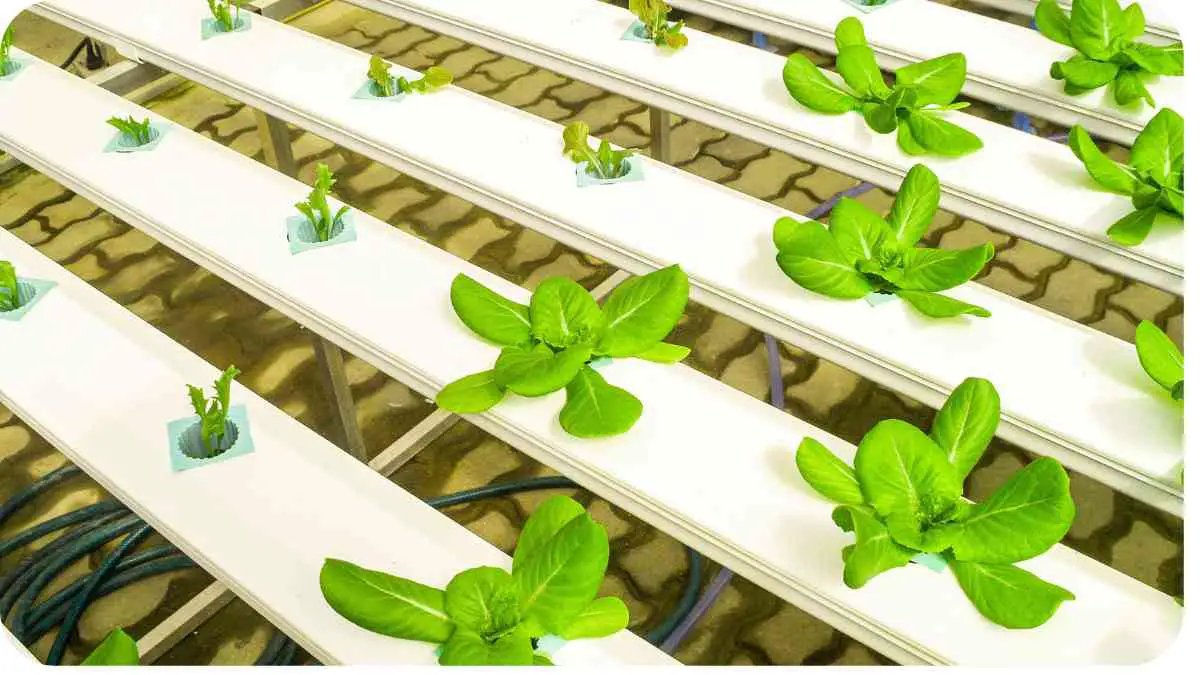Hydroponic gardening offers an efficient and innovative way to cultivate plants without soil. Central to any hydroponic system is the water pump, which circulates nutrient-rich water to the plants.
However, the performance and longevity of these pumps are heavily influenced by temperature. In this guide, we’ll delve into the safe running temperature for your hydroponic water pump and why it’s crucial for the success of your setup.
The sweetness of strawberries is a delightful aspect of cultivation. Explore the intriguing question: Are hydroponic strawberries sweet? Uncover the science behind their flavor and learn about optimal growing conditions.”
| Takeaways |
|---|
| Maintain water pump temperature below 80°F (27°C) to prevent overheating and prolong pump lifespan. |
| Regularly monitor water temperature using a thermometer to ensure it remains within the safe range. |
| Implement cooling systems or insulation to regulate water temperature and minimize heat transfer. |
| Clean the pump and reservoir regularly to prevent clogs and maintain optimal system performance. |
| Invest in a water chiller for precise temperature control, especially in warmer climates. |
2. Understanding Hydroponic Water Pump Temperatures

Before diving into the optimal temperature range, let’s grasp why water pump temperatures matter. Water pumps, like any mechanical device, generate heat during operation. This heat can affect the performance and lifespan of the pump, as well as the overall health of your hydroponic system.
Maintaining a delicate balance of water is crucial in both traditional gardening and hydroponic systems. However, excessive water poses different risks. Understanding this distinction is fundamental to successful plant cultivation.
3. Importance of Optimal Temperature for Hydroponic Systems
Maintaining the right temperature is vital for the health of your hydroponic plants. Fluctuations or extremes in temperature can stress plants, inhibit nutrient uptake, and encourage the growth of harmful pathogens. Moreover, high temperatures can lead to pump overheating and failure, disrupting the entire system.
4. Factors Affecting Hydroponic Water Pump Temperatures
Several factors influence the temperature of your hydroponic water pump, including ambient temperature, pump efficiency, water volume, and the type of hydroponic system used. Understanding these factors can help you better manage and control pump temperatures.
5. Safe Temperature Range for Hydroponic Water Pumps
Maintaining a safe temperature range is paramount to ensure the optimal performance and longevity of your hydroponic water pump. Here’s a breakdown of the recommended temperature range:
Concerns regarding the safety of hydroponically grown vegetables are common. Yet, thorough examination reveals that hydroponic vegetables are not only safe but also offer numerous benefits, revolutionizing modern agriculture.
Table 1: Safe Temperature Ranges for Hydroponic Water Pumps
| Temperature Range | Effects |
|---|---|
| Below 70°F (21°C) | Ideal temperature range for most pumps |
| 70-80°F (21-27°C) | Acceptable range with minimal impact |
| Above 80°F (27°C) | Risk of overheating and decreased lifespan |
6. Monitoring and Regulating Water Pump Temperatures
To maintain optimal temperatures, it’s essential to monitor and regulate the temperature of your hydroponic water pump. Here are some effective methods:
Table 2: Methods for Monitoring and Regulating Water Pump Temperatures
| Method | Description |
|---|---|
| Thermometer | Install a thermometer in the water reservoir |
| Cooling Systems | Use fans or water chillers to lower temperature |
| Insulation | Insulate water lines to prevent heat transfer |
| Timers and Controllers | Set timers or use controllers to regulate pump cycles |
7. Common Problems Associated with Incorrect Water Pump Temperatures
Failure to maintain optimal water pump temperatures can lead to various issues, including reduced pump efficiency, increased energy consumption, nutrient imbalances, and plant stress. Additionally, overheating can cause irreversible damage to the pump motor, necessitating costly repairs or replacements.
8. Tips for Maintaining Optimal Water Pump Temperatures

- Regularly monitor water temperatures using a reliable thermometer.
- Ensure proper ventilation and airflow around the pump to prevent overheating.
- Insulate water lines and reservoirs to minimize heat transfer.
- Consider investing in a water chiller for precise temperature control, especially in warmer climates.
- Clean the pump and reservoir regularly to prevent clogs and buildup that can contribute to overheating.
Concerns regarding the safety of hydroponically grown vegetables are common. Yet, thorough examination reveals that hydroponic vegetables are not only safe but also offer numerous benefits, revolutionizing modern agriculture.
9. Conclusion
In conclusion, maintaining a safe running temperature for your hydroponic water pump is essential for the overall health and success of your hydroponic system. By understanding the factors influencing pump temperatures and implementing effective monitoring and regulation strategies, you can ensure optimal performance, maximize plant growth, and minimize the risk of costly damages.
Remember, a well-maintained pump leads to thriving plants and a flourishing hydroponic garden.
Further Reading
- Ideal Water Temperature for Hydroponics: Learn about the optimal water temperature for hydroponic systems and its impact on plant growth and overall system health.
- Why Hydroponic Water Temperature Matters: Discover the importance of maintaining the correct water temperature in hydroponic setups, including tips for achieving optimal conditions.
- What is the Ideal Water Temperature for Hydroponics?: Explore the ideal water temperature range for hydroponic gardening and how it can influence plant development and nutrient uptake.
FAQs
How does water temperature affect hydroponic plant growth?
Maintaining the correct water temperature is crucial for facilitating nutrient absorption and metabolic processes in hydroponic plants. Temperature extremes can stress plants and inhibit their growth.
What are the risks of high water temperatures in hydroponic systems?
High water temperatures can lead to decreased oxygen levels, promoting the growth of harmful pathogens like root rot. Additionally, overheating can cause pump failure and disrupt nutrient delivery to the plants.
Is there an ideal temperature range for hydroponic water pumps?
Yes, most hydroponic water pumps operate optimally within a temperature range of 70-80°F (21-27°C). Operating outside of this range can lead to decreased pump efficiency and potential overheating issues.
How can I monitor the temperature of my hydroponic water?
You can monitor water temperature using a thermometer placed in the reservoir or by using digital temperature sensors. Regular monitoring allows you to make adjustments as needed to maintain optimal conditions.
Are there any DIY methods for cooling hydroponic water?
Yes, DIY methods for cooling hydroponic water include using frozen water bottles, circulating water through a cooler, or placing the reservoir in a shaded area. These methods can help lower water temperatures and mitigate heat stress on plants.

